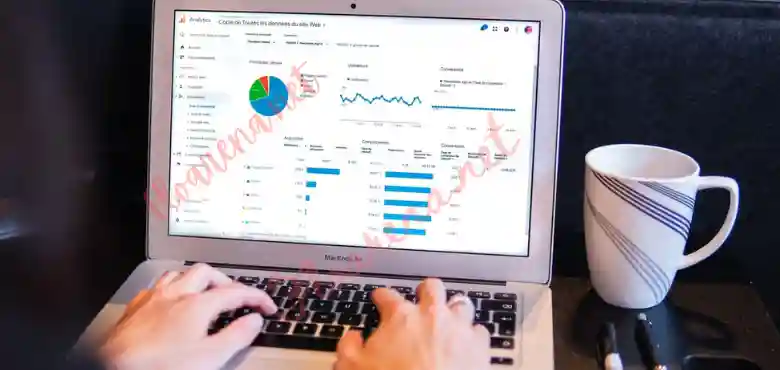In the whirlwind world of digital marketing, diving into Local SEO is like unearthing a treasure trove for your small business. Yet, amidst the sea of data, finding your way can be daunting. That’s where a concise Local SEO report steps in, shedding light on 6 vital metrics to shape your local search strategy.
This blog post reveals the key to not surviving, but thriving in the cutthroat digital arena. If you’re starting in marketing or running a local business and want to get noticed online. These numbers can help you see real, big improvements!
1. Keyword Rankings
Tracking your keyword rankings is a crucial metric in Local SEO. It allows you to test how well website performance and content are performing in the SERPs.
By knowing which keywords are ranking high, you can incorporate them into your local SEO strategy and optimize your content. Tracking keyword rankings also helps identify any fluctuations or changes in the SERPs, allowing you to make necessary adjustments.
2. Local Listings
A business listing builder plays a significant role in your online presence and is essential for local SEO. Having complete and accurate information on these listings is crucial as it helps potential customers find your business and can also impact your search engine rankings. A concise Local SEO report should provide an overview of your local listings and highlight any inconsistencies or missing information that needs to be addressed.
3. Online Reviews
Online reviews are important for local businesses. It influences what customers decide to buy.
A good Local SEO report should tell you how many reviews your business has. It should also tell what your average rating is across different review sites, and point out any bad reviews that you should take care of.
4. Website Traffic
Tracking website traffic is another crucial metric in SEO analytics. It allows you to see how many people are visiting your website, where they are coming from, and what pages they are viewing.
This information can help you identify which sources are driving the most traffic and which pages are performing well. You can make informed decisions on how to optimize your website for better visibility and conversions.
5. Local Citations
Local citations are when your business’s name, address, or phone number gets mentioned online. They’re important for local SEO because they help your business show up better online and make search engines trust you more.
Think of it as getting your business’s details listed everywhere, and if there’s a mistake, fixing it so everything matches up. Consistent NAP across all platforms is essential for better rankings and increased local search optimization.
6. Competitor Analysis
A concise SEO measurement report should include a competitor analysis. To beat your competitors in appearing higher in online searches, start by checking out their online game plan. Look at things like what words they use to show up in searches.
Research how they appear in local searches and their online reviews. You must also check many people visit their website, and where their business is mentioned online. This will help you see where you can do better and get ahead in making your business more visible online.
Harnessing the Power of Your Local SEO Report
Embark on an enlightening journey with your Local SEO report! It serves as your digital compass, navigating your small business through the maze of online visibility challenges.
Keep an eye on keyword rankings, and local listings, and outsmart competitors to shine in local search results. Uncover the secrets hidden in your report, paving the way to your business success!
Browse our blog for more interesting reads like this.






